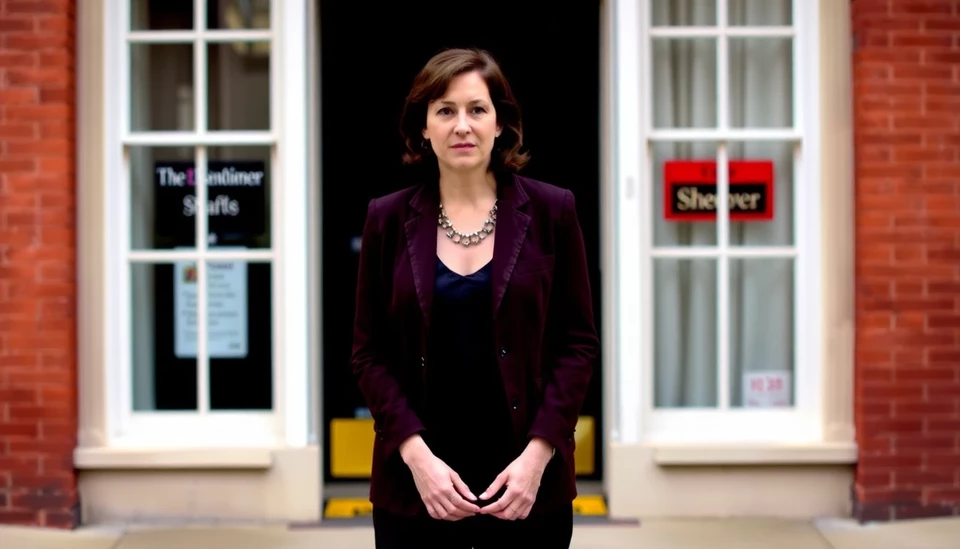
The UK government's newly established Debt Management Office (DMO) is raising eyebrows with its ambitious approach to national debt management, leading to greater fiscal flexibility for the ruling party. This comes at a crucial time for the Labour Party, particularly Shadow Chancellor Rachel Reeves, who has been advocating for responsible fiscal policies amid growing economic challenges.
As the DMO pivots towards a more proactive and ambitious strategy for managing the nation’s debts, the implications of this shift are significant. The DMO aims not only to streamline operations but also to enhance the government's ability to respond to market fluctuations and economic disturbances. This proactive approach is seen as a way to stabilize and potentially even lower borrowing costs, offering a glimmer of hope for the Labour Party as they prepare for upcoming elections.
Rachel Reeves has been under pressure to articulate a clear economic strategy that differentiates Labour from the Conservative Party. With the new DMO's capabilities, she feels more empowered to present a robust economic plan that addresses concerns like inflation and public spending, which have been at the forefront of voters’ minds. The DMO's flexibility allows Reeves to explore options for investment in public services without jeopardizing financial stability, positioning her as a credible alternative to current policies.
Critics, however, caution that while the ambitious goals of the DMO may seem beneficial, there are inherent risks involved in altering the course of national debt management. There are concerns that extensive market interventions could result in unintended consequences, such as increasing debt service costs or creating market distortions. The Conservative Party has seized on these points, arguing that Labour's grasp on financial management is tenuous and that historic spending patterns could resurface if given the opportunity.
The DMO's launch coincides with a time of economic uncertainty, where investors are discerning and market volatility is high. The office's leadership, aiming to assure both investors and the public, plans to implement transparent communication strategies regarding its policies and objectives. This increased transparency is expected to build trust and confidence in the government's financial stewardship.
As both parties navigate these complex economic waters, Reeves stands to gain an invaluable opportunity to shape Labour's economic narrative. With the assistance of the DMO, she can leverage new economic tools and frameworks to construct a compelling vision for the future, appealing to a broader base of constituents who desire stability combined with progressive policies.
Looking ahead, the next few months will be critical for both the DMO and Rachel Reeves. If successful, this new approach to debt management may redefine the Labour Party's economic platform, setting the stage for a potential shift in political power during the next election cycle. As Reeves refines her messages and strategies, the economic landscape will undoubtedly remain a pivotal issue for British voters.
Ultimately, the UK's ambitious new Debt Management Office is more than just a financial mechanism; it represents a potential turning point and a real opportunity for the Labour Party to embrace a bold new vision for fiscal responsibility and economic growth.
#UKDebtManagement #RachelReeves #LabourParty #EconomicStrategy #FiscalPolicy
Author: Rachel Greene




